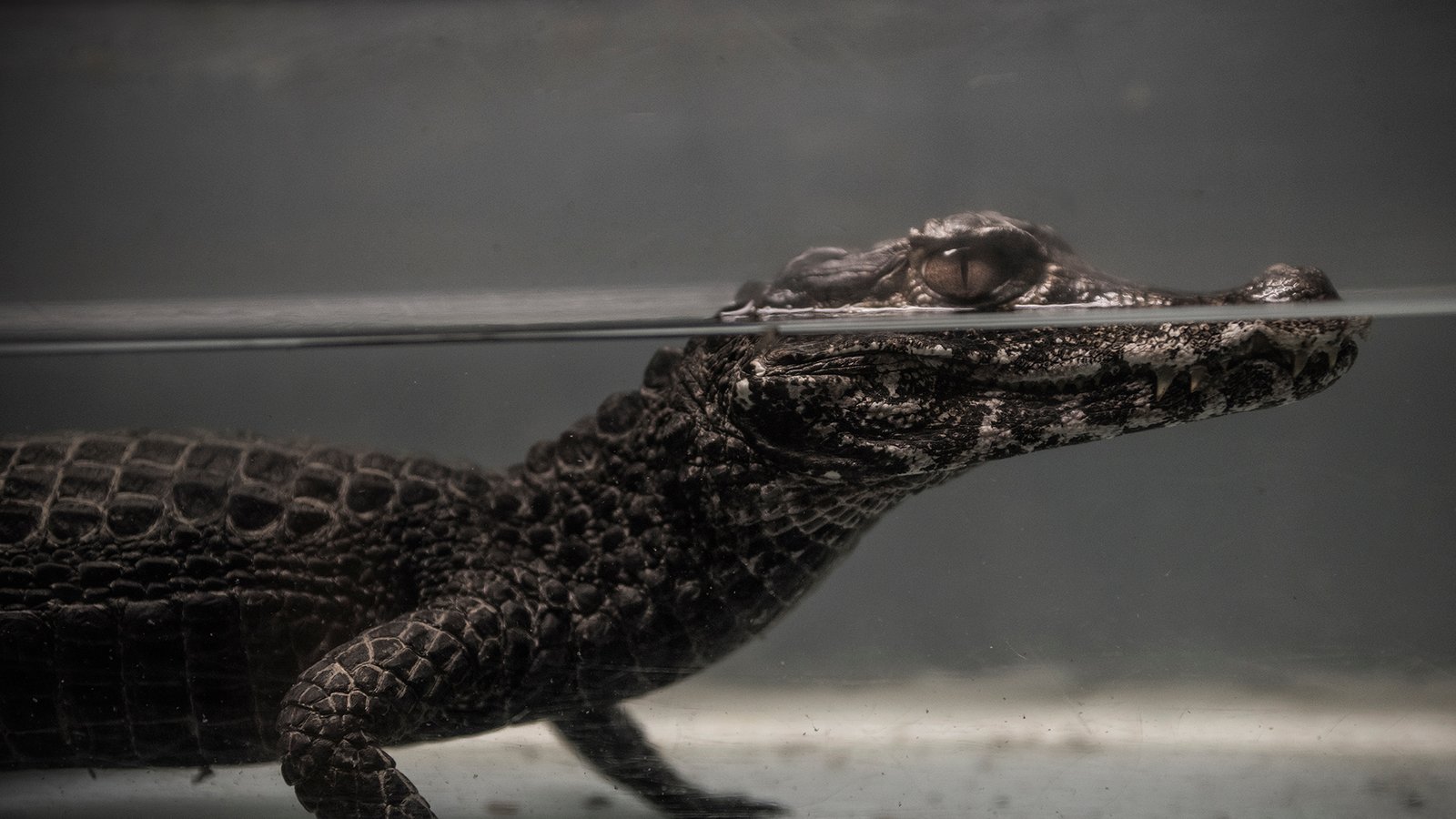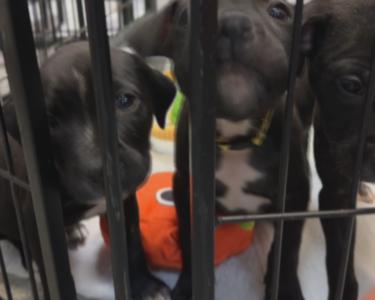Born Free’s Captivity Research Officer Chris Lewis considers Born Free’s latest research into dangerous wild animals kept in private residences across Britain, and the problems that exotic pet ownership poses.

Crocodile © B Jaschinski
Is it legal to keep wild animals as pets?
The UK often prides itself on its animal welfare legislation and declares itself a nation of animal lovers. It may therefore seem surprising that people are permitted to keep wild animals which are categorised as “dangerous” as pets. In fact, it is currently legal to keep almost all wild animals as pets providing that the necessary paperwork is obtained and, in the case of those classified as “dangerous”, the appropriate licence.
Dangerous animals as pets

Captivity Research Officer Chris Lewis
Research undertaken by Born Free found that in 2023 more than 2,700 dangerous wild animals were being kept privately in Great Britain under licences issued under the Dangerous Wild Animals Act 1976. This number includes more than 200 wild cats, 250 primates and 400 venomous snakes. While their exact locations are not disclosed, the private settings where these animals are kept may include farms, smallholdings, mobile zoos and private homes.
In the past, most of the animals kept under this legislation were farmed species such as wild boar, bison, ostrich and species no longer covered under the legislation like guanaco (a close relation of the llama). However, in recent times, these numbers have been falling while the number of exotic animals likely being kept as pets – particularly wild cats, venomous snakes and crocodilians – has increased, to a point where the number of exotic pet animals exceeds the number of farmed animals kept under licence. This further highlights the continuing shift in exotic animal ownership and the growing popularity of exotic animals as pets.
Regardless of their owners’ motives for keeping wild animals, the animals themselves have not evolved to live in such close proximity to humans, particularly when kept as an exotic pet in people’s homes or back yards. Wild animals have complex physiological, psychological, behavioural, social, environmental and nutritional needs which cannot be met in a captive environment. Those which are kept outdoors may also struggle to cope with our climate.
However, the provisions within the Dangerous Wild Animals Act for ensuring animal welfare requirements are met are sadly generic and oversimplistic, and provide no species-specific licensing criteria.
Anomalies with the Dangerous Wild Animals Act also continue to remain unaddressed. For example, pet shops are currently exempt despite the risks being every bit as real in such an environment. Some species which are categorised as ‘high risk’ within a zoo setting are not included in the Act’s Schedule, including large monitor lizards, large constrictor snakes and certain bird of prey species. Additionally, ‘wild’ reindeer are included in the Schedule, but ‘domestic’ reindeer are exempt without any clear definition as to how a determination is made between the two.
As we approach 50 years since the Act’s creation, it must be questioned whether such a piece of legislation, which at its core assumes it is possible to meet the complex needs of dangerous wild animals when kept privately, is fit for modern society.
Which countries allow wild animals as pets

The exotic pet trade, which has both legal and illegal elements, remains big business and legislation governing wild animal ownership varies greatly between countries, and even within national borders, with certain countries like the United States having differing legislation between States.
The UK currently implements what’s categorised as a ‘negative list’, meaning that any species that’s not on a banned list can be kept (subject to some requiring licences). As things stand, the few species that are banned in the UK comprise those that are considered high risk for becoming invasive and highly damaging to our native wildlife and environment should they escape or be released.
In contrast, a number of countries, including within Europe, have adopted or are in the process of implementing ‘positive lists’ for pet keeping. A positive list system only permits the keeping of species that are on the list. Due to their current classification as “dangerous”, it can be assumed that animals such as big cats, crocodilians and venomous snakes would not be included on a UK positive list due to their risk to human safety. Such a system has the potential to significantly reduce the scale and scope of exotic pet trade and keeping, while also adopting a precautionary approach.
Any species included on a positive list should meet criteria relating to animal welfare, conservation, human and animal health and safety and environmental risks. The European Commission recently initiated a feasibility study to investigate the possibility of an EU-wide positive list, while the Scottish Animal Welfare Commission has recommended the Scottish Government consider the implementation of such a system.
You can join us in campaigning for change by writing to your local MP to demand improved regulation that will ensure far greater restrictions on the trade in, and keeping of, exotic wild animals as ‘pets’ in the UK. The country needs better legislation which fully considers:
• Whether individual animal welfare needs can be fully met, and whether owners have the necessary qualifications and experience and can provide the right environment to meet those needs.
• Whether the trade is likely to compromise the conservation of species in the wild.
• Potential environmental concerns, such as the escape of potentially invasive species.
• Risks to public and animal health & safety, including the spread of zoonotic diseases.




